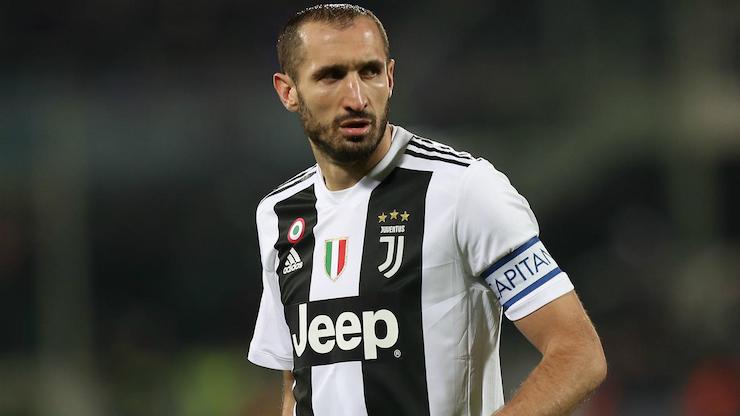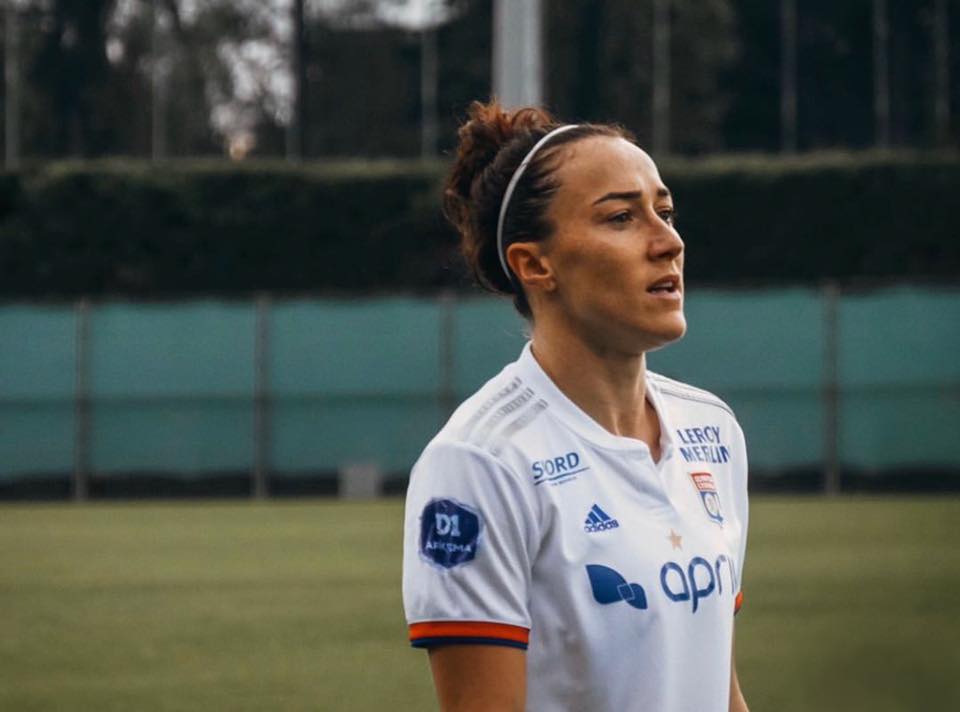No Soccer? Makes Sense Players Report Depression
Players are worried about their futures — how will the Coronavirus COVID-19 impact their careers as footballers? Feeling concerned? New study shows you are not alone.
Take away soccer and players get depressed. This is not surprising. What is are the results of a new survey documenting the dramatic increase of footballers admitting to being depressed and anxious as a result of the moratorium on training and soccer matches.
The number of professional soccer players worldwide reporting anxiety and depression symptoms have risen sharply since measures to reduce the spread of the coronavirus COVID-19 caused the suspension training and games, a survey by FIFPRO and Amsterdam University Medical Centers has found.
The percentage of professional players reporting symptoms of depression have doubled.
Between March 22 and April 14, FIFPRO and affiliated national player associations surveyed 1,602 professional footballers in countries that had implemented drastic measures to contain the spread of the coronavirus such as mass home-confinement.
1,134 male players, with a mean age of 26, and 468 female players, with a mean age of 23, took part in the survey.
The findings?
Twenty-two percent of women players and 13 percent of men players reported symptoms consistent with a diagnosis of depression.
Eighteen percent of the women and 16 percent of the men reported symptoms consistent with a diagnosis of generalized anxiety.

“It’s very important that football players, like families and other communities, look after each other during this difficult time by staying in touch via phone or video-calls,” Juventus Captain Giorgio Chiellini said. “Keep in touch with your teammates, especially if you think they may be depressed or anxious.”
“It’s a worrying time for everyone, and in terms of job security, many footballers are in a precarious position,” said Olympique Lyonnais defender Lucy Bronze.
“Let’s keep the team spirit strong even when there is no football.”
Giorgio Chiellini, Juventus Captain
Before the Coronavirus COVID-19 pandemic, a similar survey prior to most football competitions being suspended showed 11 percent of the female players and only six percent of the male players reporting symptoms consistent with a diagnosis of depression.

“These figures show there has been a sharp increase in players suffering from anxiety and depression symptoms since the coronavirus shut down professional football, and I fear that this is also the case for the whole of society facing an unprecedented emergency because of Covid-19,” said FIFPRO Chief Medical Officer Dr. Vincent Gouttebarge.
“In football, suddenly young men and women athletes are having to cope with social isolation, a suspension of their working lives and doubts about their future,” said Gouttebarge. “Some may not be well equipped to confront these changes and we encourage them to seek help from a person they trust or a mental health professional.”
Players were surveyed in the USA, Australia, Belgium, Botswana, Denmark, England, Finland, France, Ireland, Malta, the Netherlands, New Zealand, Norway, Scotland, South Africa, and Switzerland.

Since the coronavirus outbreak, FIFPRO and player associations have been providing players with advice to look after their mental health.
“It is positive that the majority of players we surveyed know they have somewhere to turn if they have mental health problems,” Dr. Gouttebarge said. “This shows professional football is more aware than ever of the importance of mental health.”
Previous research by FIFPRO has shown football players are equally susceptible to mental health issues as the general population. FIFPRO is working on a mental health toolkit for 65 affiliated player associations that will provide them with basic primary care for footballers who require support. The toolkits will be distributed in the coming months.
“These new figures are extremely concerning and our heart goes out to all the players who are struggling with their mental health,” said FIFPRO General Secretary Jonas Baer-Hoffmann.

“If you are having a tough time mentally about your health or your job, speak with a person you trust, or mental health professional. It’s important not to keep your feelings bottled up. It really helps to share them with someone,” said Bronze.
Both Chiellini and Bronze are members of the FIFPRO Global Player Council.
Source: Press Release – FIFPRO





